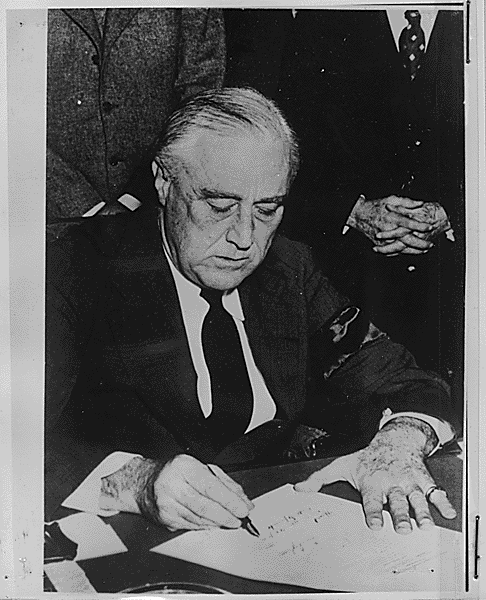Brown v. Board of Education
This took place during a time when racial segregation was still a normal thing in the United States despite attempts to make the races seem as equals. The background on the case had to do with a young girl who had to walk a dangerous route to get to her black school when there was a white school closer to her house. Therefore, she tried to enroll there but the school refused to take her. She looked towards the NAACP for help. Then the District of Kansas' court heard about the case and made up a trial. They argued on the issue and the court ruled that segregation in public schools was negative towards the childrens education and decreased their motivation to learn. However, this case was then sent to the Supreme Court. The issue was circumstantial with the 14th Amendment and was discussed thoroughly. The decision ended positively and required desegregation of schools in America. This in mind however, it did not end segregation or racism anywhere else but it was a big step towards the end of it.

